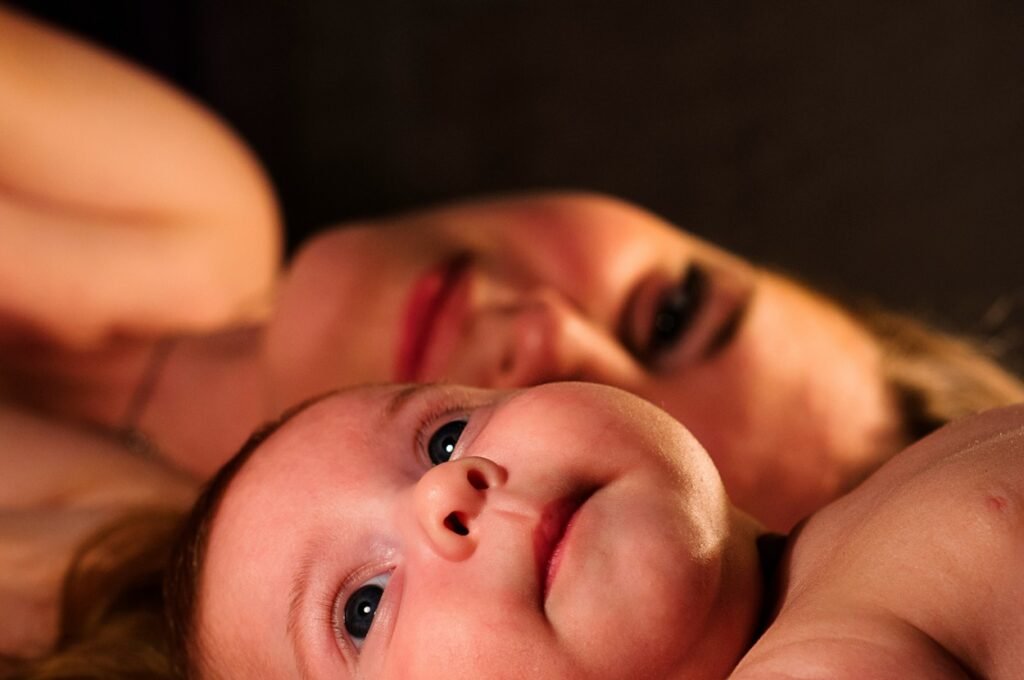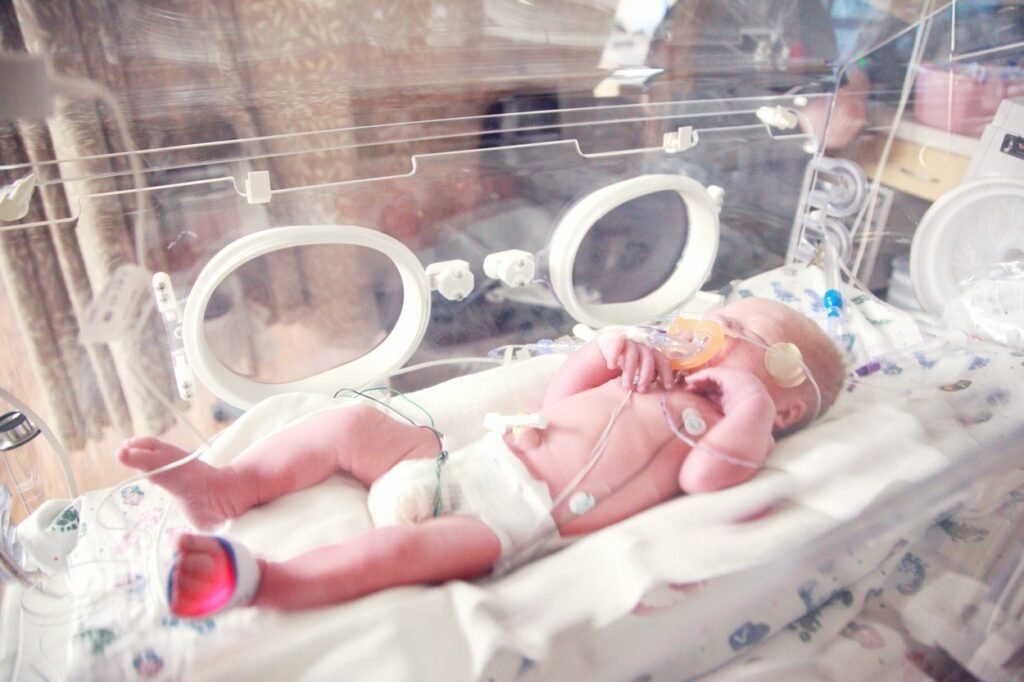Bringing a baby into the world is a joyous occasion, but sometimes biology throws a curveball – especially when it comes to blood types. Imagine the scene: you’re staring at the little one, overwhelmed with love, only to find out that your blood types are like oil and water.
But fear not, fellow parents! In this guide, we’ll delve into what happens when mother and baby blood types don’t match and how to navigate this mismatch with a dose of humor and practicality.
What happens when mother and baby blood types don’t match?
So, is your blood type as rare as a unicorn, and is your baby as common as a squirrel in the park? Don’t panic just yet! Let’s break down the science behind blood types. You see, each blood type is determined by the presence or absence of certain antigens on the surface of red blood cells.
When a mother and baby have different blood types, it can lead to a condition known as hemolytic disease of the newborn (HDN).

What are the signs and symptoms of a blood type mismatch?
HDN might sound like a villain from a superhero movie, but fear not – it’s just a fancy term for a condition where the mother’s immune system attacks the baby’s red blood cells. Symptoms can vary from mild jaundice to more severe complications like anemia and even brain damage.
But hey, don’t let the medical jargon scare you! Early detection and proper management can make all the difference.
When should you seek medical advice for mother-baby blood type discrepancies?
In the age of the internet, it’s tempting to play doctor with Dr. Google. But when it comes to your precious bundle of joy, it’s best to leave it to the professionals. Consult your healthcare provider if you suspect a blood type mismatch.
They’ll perform tests to assess the severity of the situation and recommend the appropriate course of action. Remember, they’ve got the expertise – you’ve got the diapers.

What treatment options are available for mismatched blood types?
Now, onto the good stuff – treatment options. Your doctor might suggest phototherapy to treat jaundice or blood transfusions in more severe cases. In some instances, your baby might need to stay in the neonatal intensive care unit (NICU) for monitoring and specialized care.
It can be nerve-wracking seeing your little one hooked up to machines, but trust me, they’re in good hands.
Where can parents find support and resources for dealing with blood type differences?
Parenting can feel like navigating a maze blindfolded, especially when unexpected challenges arise. But fret not! There’s a whole community of parents who’ve been in your shoes – or, should I say, booties?
Reach out to support groups, online forums, or even fellow parents in your circle. Sometimes, a listening ear and a virtual hug can work wonders for the soul.
How can you find moments of joy and humor amidst the challenges?
Amidst the chaos and uncertainty, don’t forget to find moments of joy and laughter. Parenthood is a rollercoaster ride with twists and turns, but it’s also filled with love and unforgettable memories.
So, cherish those midnight cuddles, relish in the baby giggles, and remember, you’re doing an amazing job – mismatched blood types and all!

Bottom Line
In the grand tapestry of parenthood, a blood type mismatch is just a tiny thread – albeit a colorful one. Armed with knowledge, humor, and a sprinkle of optimism, you can navigate this challenge with grace and resilience. Remember, you’re not alone on this journey.
So, take a deep breath, hold your little one close, and embrace the adventure – mismatched blood types and all!
